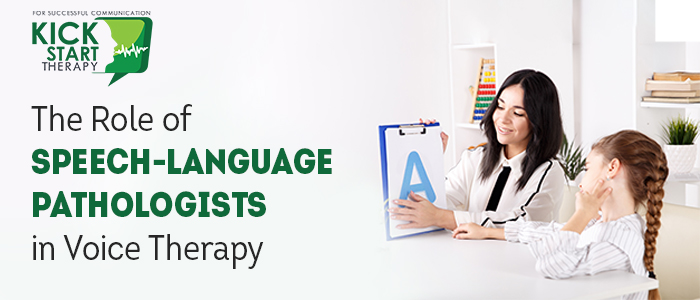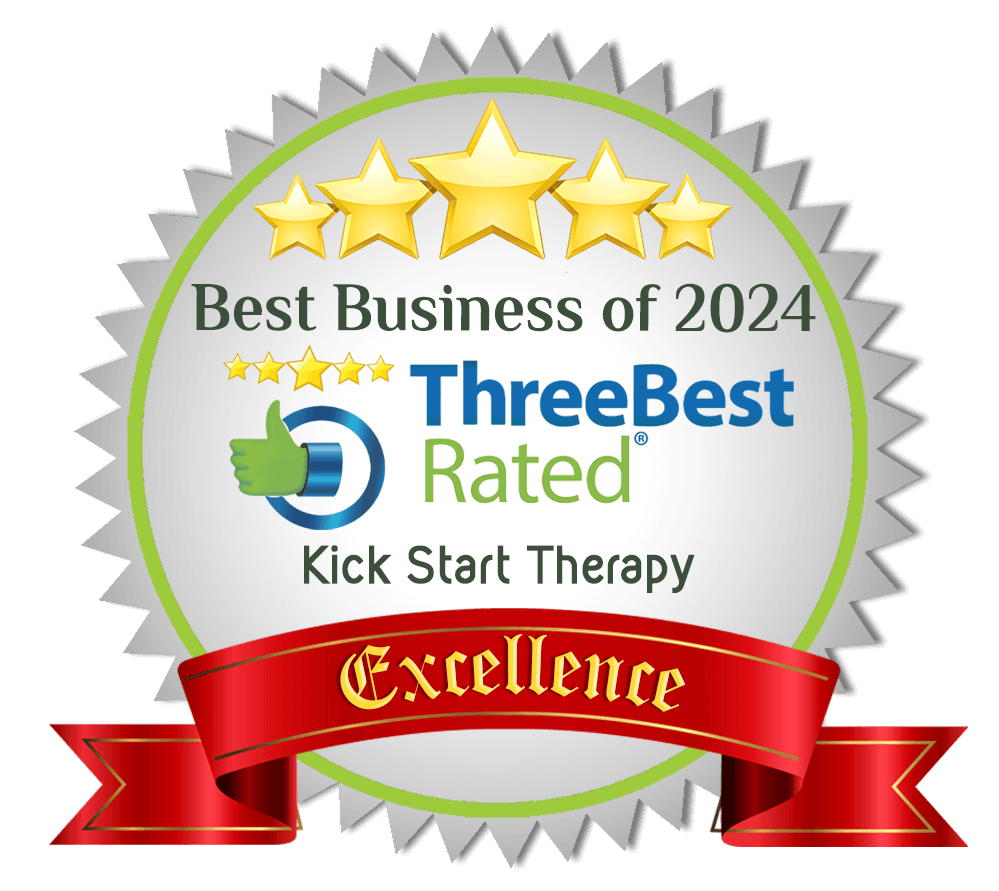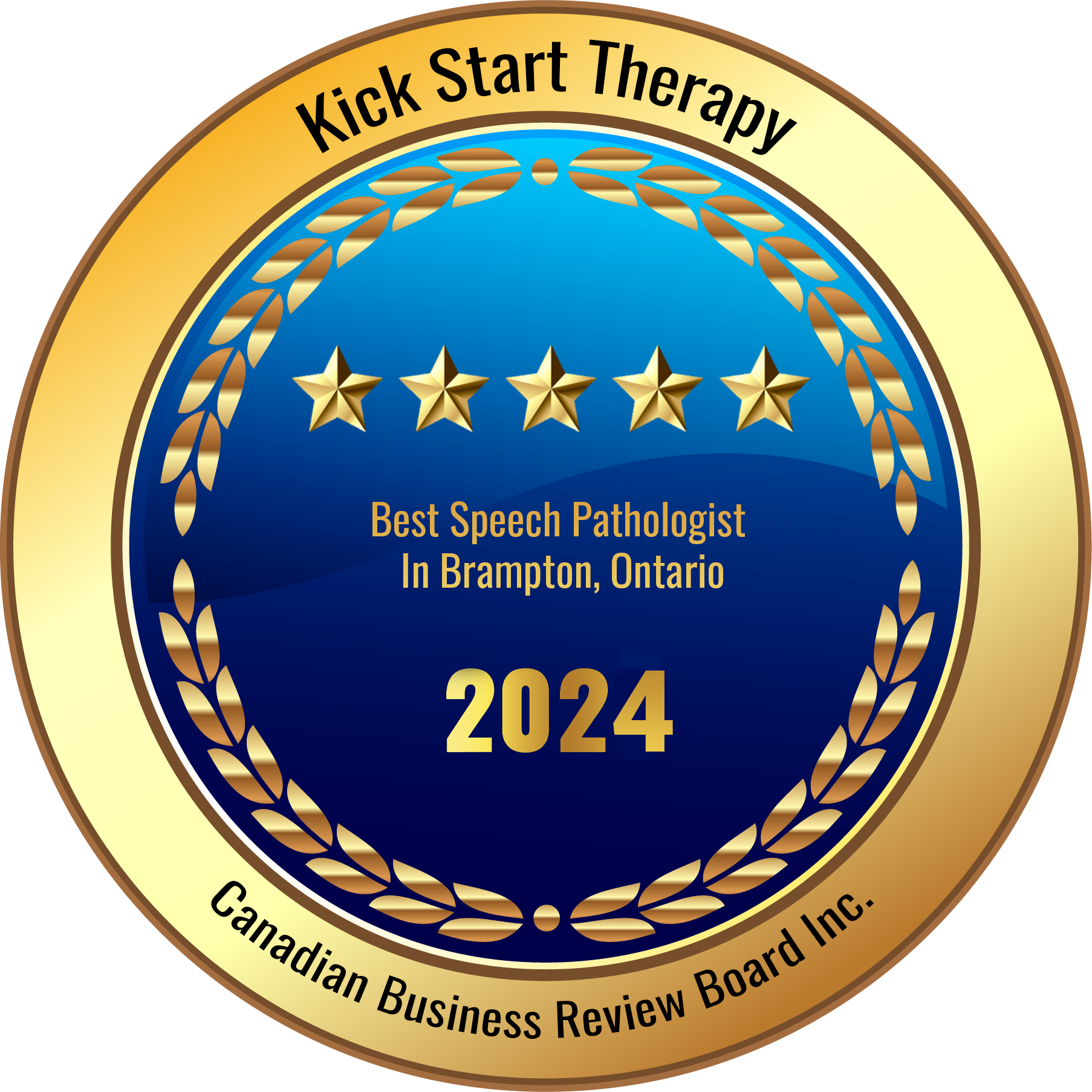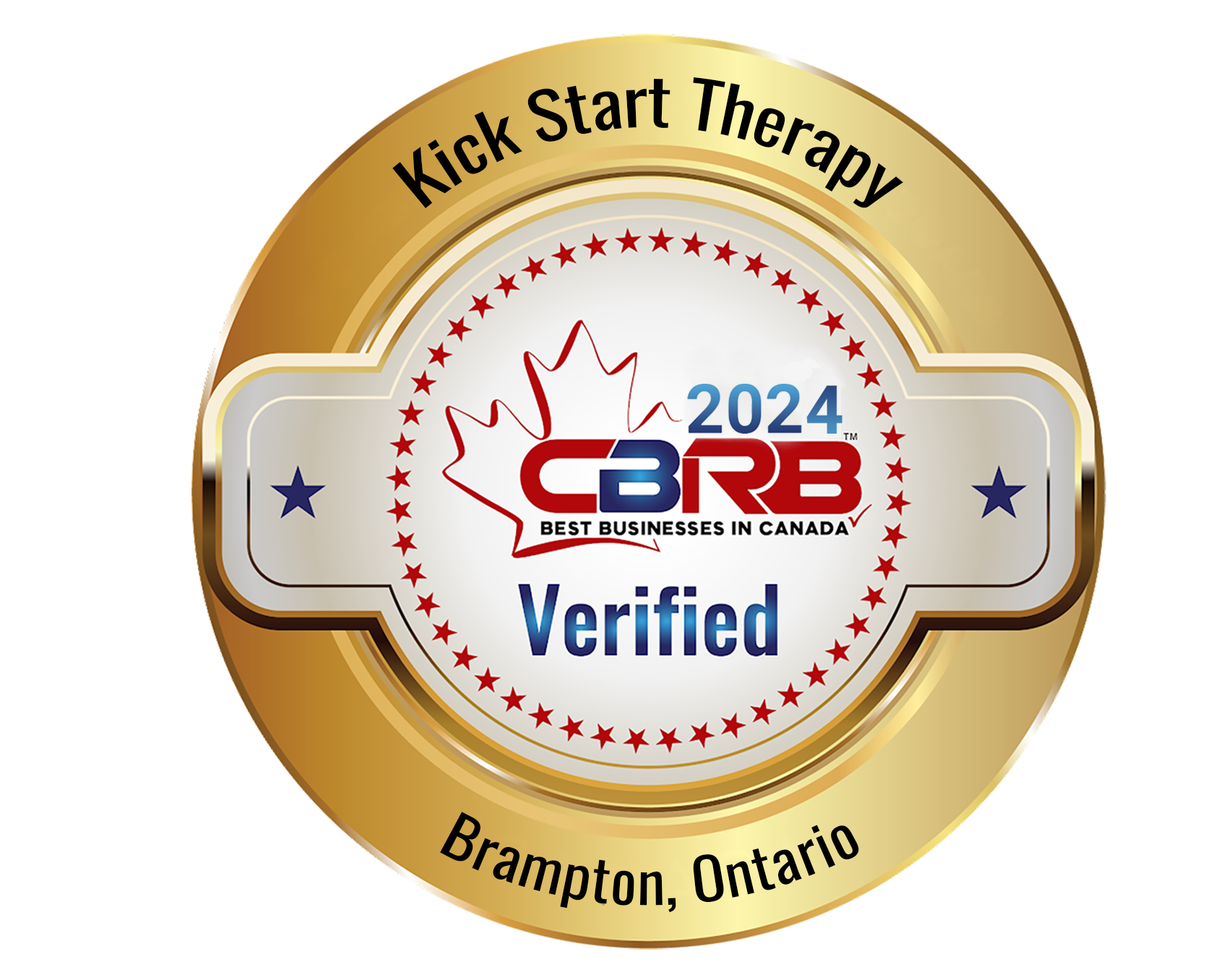
Our voices are powerful tools that allow us to communicate, express emotions, and connect with others. However, for some individuals, the gift of speech comes with challenges in the form of voice disorders. These disorders can significantly impact a person's quality of life, hindering communication.
Thankfully, the field of speech-language pathology offers hope and expertise through voice therapy. Let us explore the critical role of speech-language pathologists (SLPs) in voice therapy, the types of voice disorders they address, and how their specialized techniques and compassionate care help individuals find harmony within their voices.
Voice disorders are any condition that affects a person's voice's pitch, loudness, quality, or resonance. Various factors, including misuse or abuse of the vocal cords, neurological conditions, structural abnormalities, or psychological factors, can cause them. Common voice disorders include vocal nodules, polyps, muscle tension dysphonia, vocal cord paralysis, and spasmodic dysphonia.
Voice disorders can manifest in individuals of all ages and significantly impact daily activities, social interactions, and even professional endeavors. It is where speech-language pathologists step in with their specialized knowledge and skills to provide much-needed assistance.
Speech-language pathologists are professionals trained to evaluate, diagnose, and treat various communication disorders, including voice disorders. Their role in voice therapy is multifaceted, beginning with a thorough assessment of the patient's vocal function.
During this assessment, SLPs collect data on the patient's medical history, voice symptoms, and vocal habits. They may also use advanced tools such as stroboscopy, which allows for a detailed examination of the vocal cords' movement.
After the evaluation, SLPs create personalized treatment plans tailored to the individual's needs and goals. Voice therapy techniques can vary widely, but they generally focus on improving vocal health, optimizing vocal production, and enhancing overall communication abilities.
One essential aspect of voice therapy is educating patients about vocal hygiene and proper vocal use. SLPs teach patients to identify and avoid harmful vocal behaviors while promoting healthy ones.
These may include speaking at an appropriate pitch, staying hydrated, avoiding excessive throat clearing, and managing vocal load in professions that rely heavily on voice, such as teaching or singing.
Voice therapy often involves a series of vocal exercises. Such exercises helps one to strengthen the vocal cords and improve their coordination. These exercises may include pitch glides, resonance exercises, and techniques to reduce vocal tension.
Regular practice of these exercises helps patients develop better control over their voices and builds vocal endurance.
For some patients, voice disorders may link to psychological factors like stress or anxiety. Our SLPs incorporate behavioral interventions, such as relaxation techniques or cognitive-behavioral therapy, to address these underlying issues and alleviate their impact on vocal function.
Advancements in technology have revolutionized voice therapy, enabling SLPs of KickStart Therapy to offer cutting-edge treatments. For instance, some voice therapy programs now utilize biofeedback technology to provide real-time visual feedback on vocal production, helping patients make immediate adjustments and monitor progress effectively.
Voice therapy can be transformative for individuals living with voice disorders. As patients progress through their treatment plans, they often experience a restoration of vocal function, increased confidence in communication, and a renewed sense of empowerment.
For those whose careers rely on their voices, such as singers, actors, or public speakers, voice therapy can be a career-saving endeavor, allowing them to continue doing what they love.
Beyond the physical and functional aspects, voice therapy can have a profound emotional impact. Struggling with a voice disorder can lead to feelings of frustration, isolation, and even depression. Working with our caring and skilled SLP can provide much-needed emotional support, creating a safe space for patients to share their concerns and fears.
The role of our speech-language pathologists in voice therapy is invaluable, as they play a significant part in helping individuals find harmony within their voices. By providing expert evaluation, personalized treatment plans, and unwavering support, SLPs empower their patients to overcome voice disorders and regain control over their communication.
If you or someone you know is facing challenges with their voice, consider seeking the expertise of Kick Start Therapy’s speech-language pathologist. Let us embrace the harmony within and find our voices ringing clear and robust.
For additional information, visit us at:https://www.kickstarttherapy.com/






